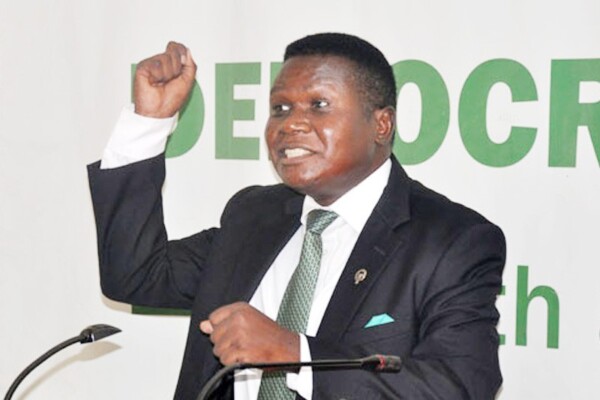In a surprise political twist, Democratic Party (DP) president general and Minister for Justice and Constitutional Affairs, Norbert Mao, has announced that he will not contest in Uganda’s 2026 presidential elections.
Mao, who has previously stood twice for the presidency, said his decision was guided by what he termed as “the need to consolidate the gains of dialogue and national reconciliation rather than personal ambition.” Addressing journalists at the DP headquarters in Kampala on Monday, Mao stressed that his focus will remain on strengthening institutions and promoting unity among Ugandans.
“I have always believed that leadership is not just about standing on a ballot paper, but about building bridges that outlast elections. Uganda needs a politics of consensus, not constant confrontation,” Mao told reporters.
His withdrawal comes amidst speculation about whether the DP would front a candidate in 2026, following the party’s cooperation agreement signed with the ruling National Resistance Movement (NRM) in 2022. Critics have accused Mao of “selling out” the opposition cause, but he has consistently defended the pact as a strategic path toward peaceful transition and reforms.
Reactions to Mao’s announcement have been mixed. Some DP members welcomed it as a realistic step that allows the party to reposition itself, while others expressed disappointment, arguing that Mao has abandoned the struggle for multiparty competition.
Political analysts suggest that Mao’s exit from the race could slightly reshape the opposition field, giving more space to the National Unity Platform (NUP) under Robert Kyagulanyi, also known as Bobi Wine, and Forum for Democratic Change (FDC) factions still battling internal divisions.
With Mao out, attention now shifts to how the DP will navigate the 2026 elections and whether his strategy of dialogue will yield tangible political dividends.


